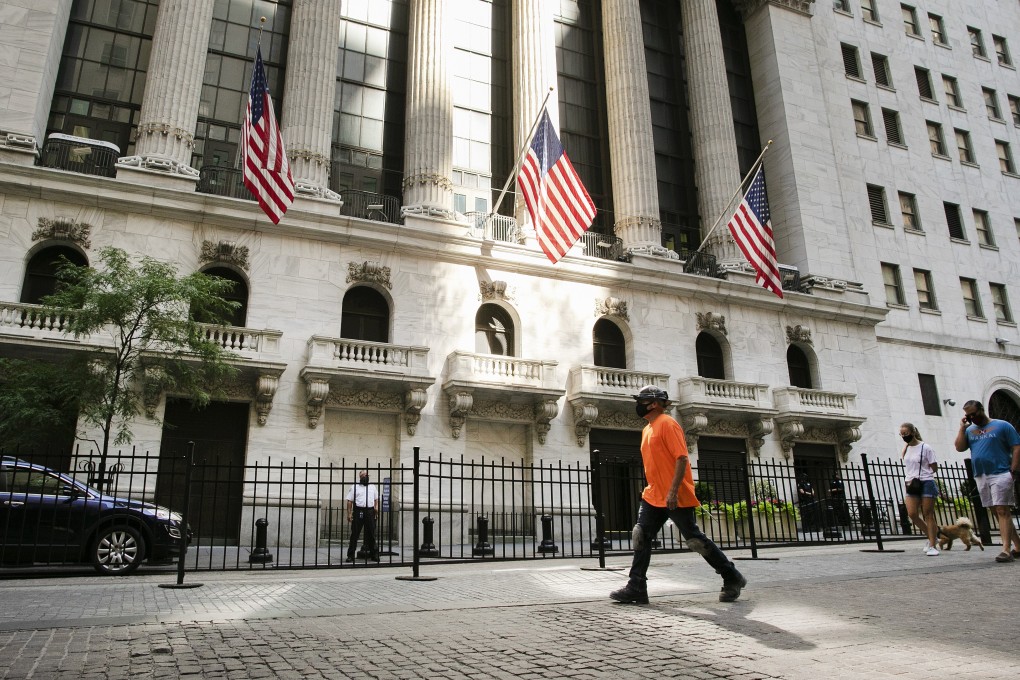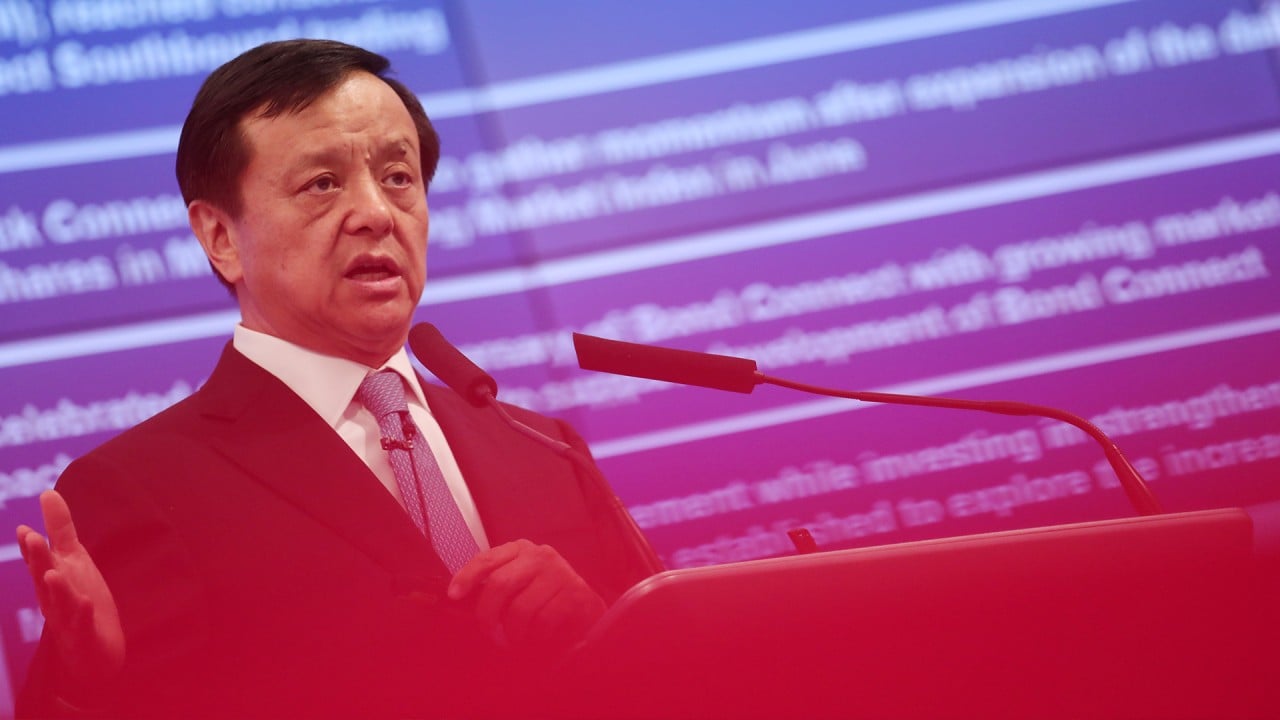US bill to audit or delist Chinese companies unlikely to have significant impact on funding avenues, analysts say
- Some 210 Chinese companies listed on US exchanges will get three years to comply with new auditing oversight, or risk being delisted
- Companies can still raise capital by listing in Hong Kong or mainland China, made easier by IPO reforms in recent years

“I don’t think this is a big issue or event for the Hong Kong and China markets,” said Edmond Huang, head of China equity strategy at Credit Suisse, during a conference call on Thursday. “Of course, compared to the US market, liquidity in Hong Kong is not that great but it is getting better right now compared to 2019. And the doors will open a little wider in 2021.”
The average trading volume in Hong Kong has increased by as much as 140 per cent this year from a year earlier on a monthly basis, according to stock exchange data. A landmark reform in April 2018 that opened doors to companies with the so-called weighted voting rights (WVR) structures laid the groundwork for the homecoming of US-listed Chinese companies.

02:17
HKEX chief executive Charles Li Xiaojia unveils three-year plan
